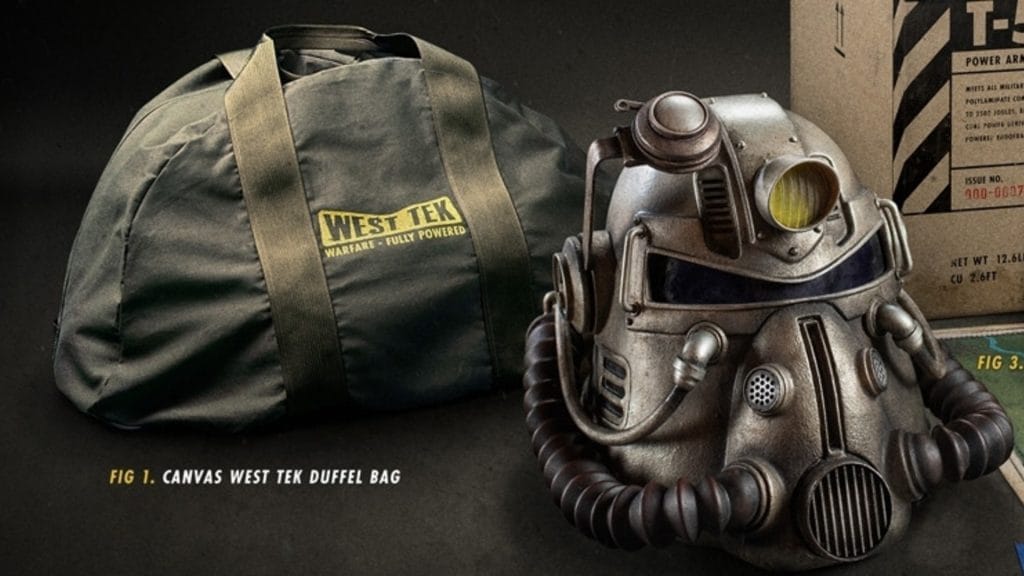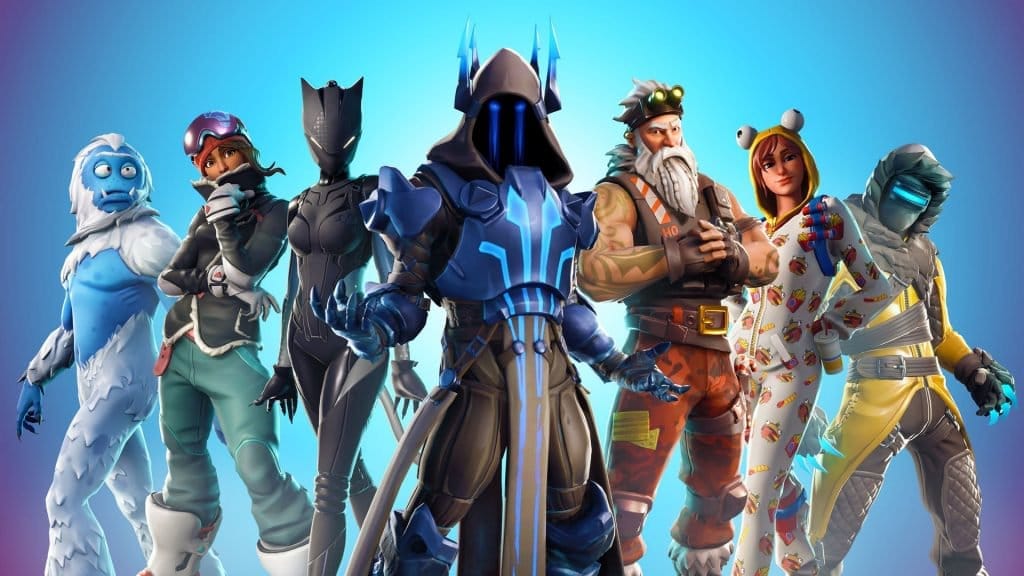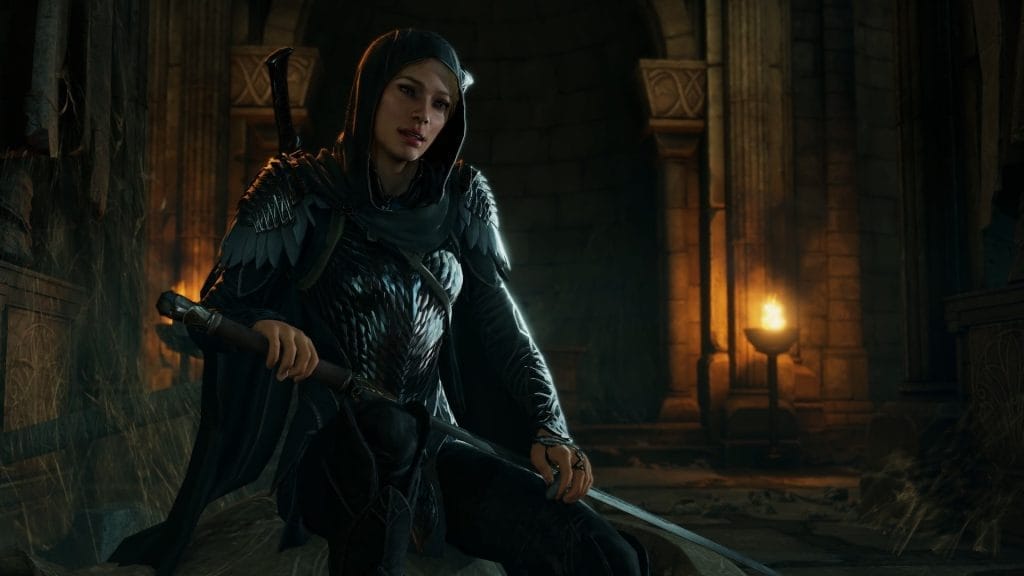If there were a moment in gaming history that can be likened to the opening of Pandora’s box, it might be the instant that the games as a service (or GaaS as it were) business model was modernized. There’s simply no going back to the days when what you bought was what you got. Sure, there were expansion packs and subscriptions, but they were pretty straightforward. Protest all you want, but things like microtransactions and loot boxes aren’t going away. That being said, it’s not like the business model hasn’t been mutually beneficial. Critically acclaimed games like Overwatch would be impossible to pull off with traditional expansions packs. On the other hand, the GaaS gold rush is presumably responsible for a number of less than stellar games.
One particularly unusual example of the latter could be Fallout 76. Bethesda had never done anything multiplayer related in the past. Yet they jumped straight from open world singleplayer RPGs to a multiplayer RPG with no friendly/story NPCs and a microtransaction store. Such a move seemed ridiculous at the time, doubly so given how buggy Bethesda games can be. That’s what Fallout 76 is though. Of course, correlation and causation are two completely different things, but it is a rather suspicious nonetheless. It wouldn’t be so suspicious if it weren’t for the paid mods/Creation Club fiasco. That Bethesda is (allegedly) testing the waters with microtransactions that have an effect on gameplay is especially concerning.

A more definitive example of the modern GaaS model being a corrupting influence would be Star Wars Battlefront 2. In a world first, EA and DICE decided to offer microtransactions that affect multiplayer gameplay. This caused such a rightfully deserved uproar that politicians took notice. Granted, it’s not like mobile game microtransactions haven’t been just as scummy for years, but better late than never. Eventually, the pay to win microtransactions were removed, but the damage has been done. The worst part is that Battlefront 2 could've shipped without any microtransactions at all. It’s a mechanically sound Star Wars FPS that was released alongside a numbered Star Wars movie. Most developers would probably kill for such an opportunity.
At the very least, there is evidence that the GaaS model has resulted in less creativity being needed from developers. After all, there's no reason to create new content if people spend money on bullets or clothes or food. Case in point, GTA V and Red Dead Redemption 2 have no singleplayer DLC at all. Rockstar had previously made singleplayer DLC for their games, but that practice ended quickly. A steady stream of online content packs that are rather obviously designed to get people to buy fake money with real money has risen in their place. Similarly, Call of Duty: Black Ops 4 didn’t have a singleplayer campaign but it does have every GaaS mechanic. It is almost laughable how transparent the reasoning behind that decision is.
Similarly, post launch content for Battlefield V was seemingly originally supposed to be funded by skins and such. However, it’s been half a year since launch and there is still no solid release date on the Pacific front expansion. There's been a handful of new maps here and there, but in the grand scheme of things they're forgettable. By comparison, Battlefield 4 had paid map packs with multiple new maps launch within months after initial release. Again, correlation is not causation, but it doesn’t present a good image.

On the bright side, the GaaS model has enabled the existence of some very popular games. Fortnite would’ve never found the success that it has if it weren’t free to play and funded by microtransactions. There is little doubt that the game makes incomprehensible amounts of money every day. Unfortunately, it comes at a price. Epic Games employees are allegedly overworked and exploited to keep up with game updates. Rockstar’s employees are allegedly working under similar conditions. Tragic, but updates fuel interest, and in this case interest leads to money.
For all the complaints that people have about Blizzard’s slow speed at updating Overwatch, the game has a relatively decent reputation. For starters, the developers seemingly don't have a 70-100 hour workweek. Indeed, there’s a reason why Overwatch is considered one of the few times that microtransactions were done right. You can get new Heroes, new events, an active Esports scene, new skins and other cosmetics, and new maps, all without paying a single cent more than the price of the game itself. Whether or not it’s sustainable in the years to come as interest inevitably wanes is another issue, but that’s largely a problem for Blizzard and not consumers, as it should be. Seeing as how Blizzard apparently made $1 billion from Overwatch microtransactions alone while maintaining an interested fanbase, they must be doing something correct.
Naturally, every developer works at their own pace. A pattern does appear to emerge if you look at the industry as a whole though. Basically, while the GaaS model allows for a game’s entire audience to try a new map or character or whatever, and the associated company makes a ton of money, any updates are going to be a compromise. You can have major updates quickly, but they’ll typically add little to the game. They can be of high quality, but you’ll have to wait for months between releases. If the updates are of both high quality and frequency, then it’s probable that the developers are under constant crunch. If neither quality nor frequency can be found yet the list of microtransaction items grow in perpetuity, the game itself may have problems.

Fortunately, there do appear to be exceptions to the rule. As distasteful as they may be, microtransactions in singleplayer only games haven't really affected how such games perform. Middle Earth: Shadow of War, Wolfenstein: Youngblood, and Assassin's Creed: Odyssey are all fairly good games that have some form of microtransaction. In fact, Shadow of War has an average critic score in the high 70's on Metacritic. Odyssey has an 85. Wolfenstein is at a solid 70. None of these games have particularly unusual grind periods, none of them felt especially incomplete, and none of them had pay to win enemies. In all three cases, the microtransactions were completely unnecessary, but the problems that the games have were neither exclusively created by microtransactions nor exacerbated by them.
Then there's indie games. While GaaS is a term that is typically synonymous with greed, technically speaking it can also refer to the act of providing regular, substantial content updates. Hollow Knight's updates are basically traditional DLC packs. Stardew Valley had multiplayer added to it, rather literally changing the game. Such updates may be free, but they're the lifeblood of indie games. Intentional or not, free content updates gets people talking. As demonstrated before, this leads to interest, and interest means money. It doesn't hurt that it makes indie games sound like amazing long term deals. That Hollow Knight and Stardew Valley both enjoyed millions of dollars in sales each is proof that this concept works.
The prevalence and intersection of GaaS mechanics, high profile game failures, and audience fatigue is going to be an ever pressing issue in the foreseeable future. It would require a major shift in culture for developers and consumers alike to break this cycle though. Merely dispelling the notion that small purchases over time is cheaper than a single relatively large purchase would be a start. Getting rid of the idea that microtransactions directly support a company would be great too. Providing something that actually resembles a service instead of nickel and diming people would be even better. But that's not going to happen any time soon. After all, no company will ultimately ever let creativity trump profits.
Have a tip, or want to point out something we missed? Leave a Comment or e-mail us at tips@techraptor.net













